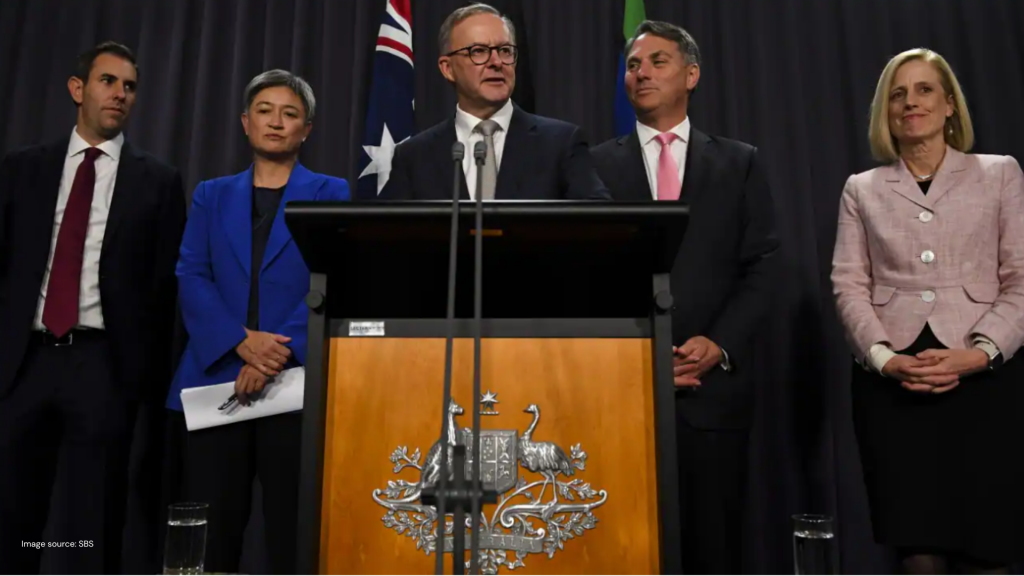What a Labor government means for small business Posted on June 20, 2022

After 9 years of Liberal government, small business is watching with bated breath to see if Labor is able to support them in the way that they need. Here’s what they’ve promised so far…
Albanese has enacted his campaign promise of a minimum wage increase of at least 5.2%, in line with headline inflation – see our story on this and tips on making sure you can afford this for your staff. The Liberal government was only required to respond to one rate rise in (period) whereas Labor is set to be caught up in a few, so how they navigate (and afford) this will be one to watch. Further good news for wage earners are Labor’s tax cuts will see everyone earning between $45,000 and $200,000 paying 30% in tax from 2024. The changes scrap the 37% bracket for those earning above $120,000, making those earners the biggest winners from the cuts.
With climate-backed policies a priority for Labor, small businesses may be set to benefit from Labor’s electric car discount policy, which is projected to cost $54.3 million in 2022-2023, as well as a $20 billion upgrade of the power grid that will see a larger contribution from renewable energy and reduced energy costs for consumers.
In true Labor style, a nod to the Unions has featured in these early days. Albanese has said that he will convene a meeting of employers and organised labour within his first 100 days as prime minister, followed by a white paper on employment to address insecure work.
Unfair payment terms are set to be addressed and indeed to become illegal with a cap on invoice payment at 30 days. This will assist small businesses with cash flow pressures as well as protect small business from big business bully tactics.
Labor has an ambitious skills plan to tackle labour (with a ‘u’) shortages. 465,000 fee-free TAFE places and an expansion of university places are set to come into place soon, but the industry relief won’t be felt for years to come, when graduates start working.
There is stronger demand for digital support for small businesses as the pandemic has amplified the importance of digital communication and trade. In a survey by MYOB, Two-thirds said compliance costs were the most important related issue facing them, while almost half said they would vote for a party that provided better digital capability and business skills. The Liberal government previously made a commitment to turn Australia into a top 10 data and digital economy by 2030, and now the Labor government is considering how to achieve this.
Small business owners would be wise to monitor progress on these issues for maximum benefit to their bottom line and stay ahead of policy through financial structure. Business owners are invited to join our complimentary Business Planning Workshop to find more profit, cash and time in your business, Wednesday 6 July in Gosford. Register here.





